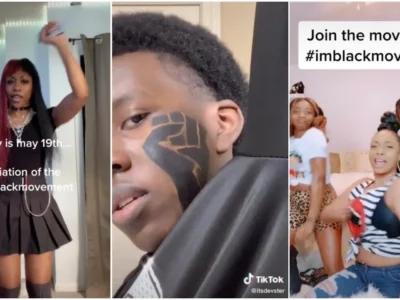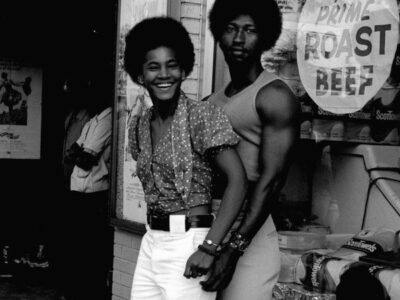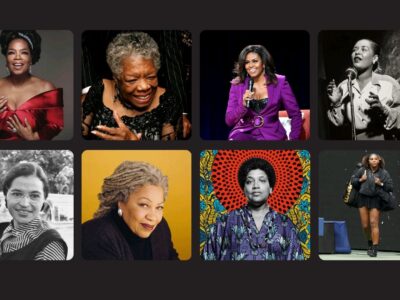Generation Black TV - Live
--- Main Blog Content Below ---
The evolution of Afrobeats as a trendy music genre from West Africa, particularly Lagos in Nigeria, is an undeniable phenomenon for music enthusiasts. Since 2012, Afrobeats music has made its mark at prestigious events like the Grammy Awards, thanks to its availability on streaming platforms such as Spotify. The genre has been captivating music lovers in Africa and globally for over a decade.
The listenership of Afrobeats across streaming platforms has witnessed remarkable growth, with a staggering 550 percent increase since 2017. Spotify, as one of the leading streaming platforms, couldn’t overlook this trend and has even dedicated a website to Afrobeats. This raises questions about Spotify’s plans and the significance of Afrobeats for its country of origin, Africa.
Joselyne Muhutu-Remy, in an interview with Al Jazeera, rightfully acknowledges Afrobeats as one of Africa’s major cultural exports, exerting influence on music production within Africa and worldwide. The genre’s amalgamation of sounds lends itself beautifully to collaborations with renowned artists from different musical backgrounds.
The Managing Director for Spotify in Sub-Saharan Africa highlights significant collaborations such as Rema’s “Calm Down” with Selena Gomez and Davido’s collaboration with Amapiano producer Focalistic. These collaborations demonstrate Afrobeats’ potential to cross borders and break boundaries. The growth of Afrobeats has been fueled by collaborations with international stars like Justin Bieber, Ed Sheeran, and Selena Gomez, enabled by streaming platforms that connect Afrobeats artists with global audiences.

The recent introduction of an African music category at the Grammy Awards solidifies the global popularity of African genres, including Afrobeats and Amapiano. Afrobeats’ impact extends beyond music, influencing other aspects of African culture, including fashion, food, and language.
At its core, Afrobeats draws from the rhythmic beats of West African music, incorporating elements of hip-hop, R&B, and languages like Pidgin, Yoruba, and Twi. This cultural fusion sets Afrobeats apart from other genres.
The popularity of Afrobeats can be attributed to the desire of the African diaspora to connect with their roots and the genre’s inherent feel-good nature associated with celebrations and joyous occasions. Additionally, Afrobeats’ ability to blend with various genres like trap, UK garage, and reggae makes it appealing to a global audience, further expanding its influence.
Spotify, as a prominent streaming platform for Afrobeats, has played a pivotal role in promoting the genre and African music as a whole. The launch of a dedicated Afrobeats website is a testament to Spotify’s commitment. Through its global platform, Spotify provides artists with opportunities to reach audiences worldwide. The platform also offers support programs like EQUAL, RADAR, and Fresh Finds, empowering talented female artists, emerging artists, and independent artists. Notably, Spotify has showcased numerous African artists on its billboard in New York Times Square, enhancing their visibility.
Afrobeats is predominantly consumed in the United States and the United Kingdom, with high streaming numbers on Spotify. Surprisingly, the genre is also gaining traction in growing markets such as Mexico, the Netherlands, and India.
In conclusion, the evolution of Afrobeats as a trendy music genre from West Africa has garnered attention from music enthusiasts globally. Its presence at prestigious events, skyrocketing streaming numbers, and influence on various aspects of African culture solidify Afrobeats’ position as a significant cultural export. With collaborations and support from platforms like Spotify, Afrobeats continues to thrive and captivate audiences worldwide.
Words By: Daniel Nzohabonimana












